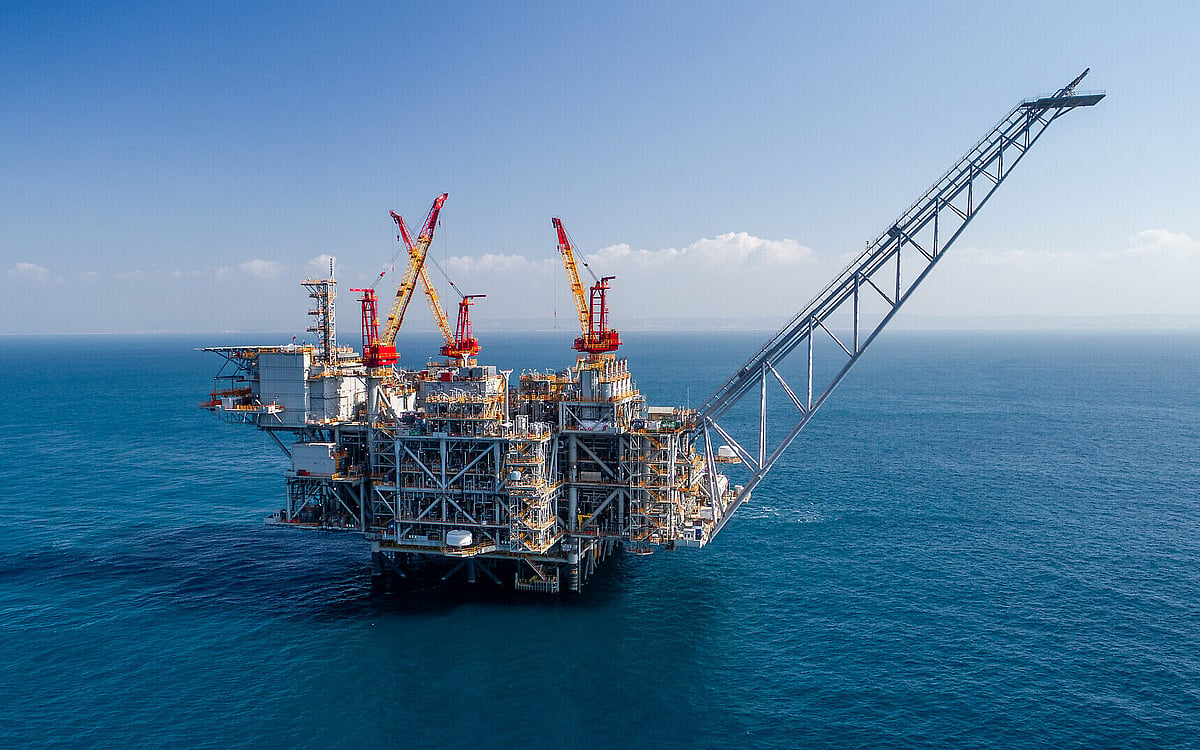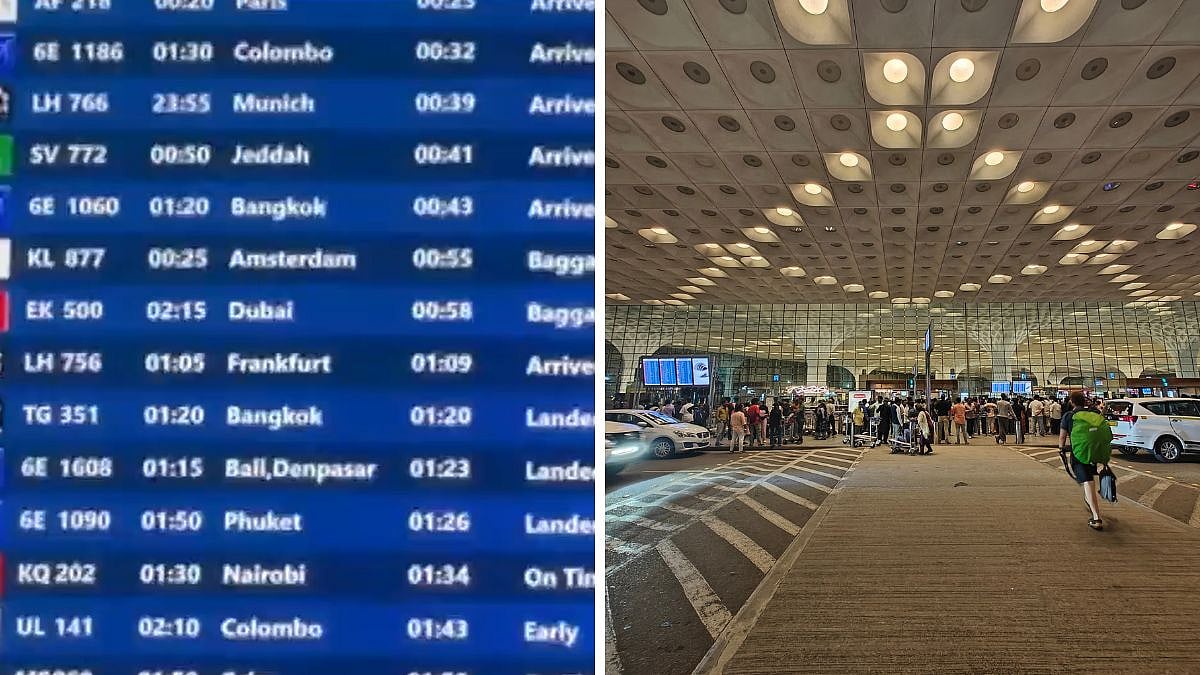Israel and Lebanon on Tuesday reached an agreement on what is being touted as a 'historic' deal to demarcate their maritime borders in the Mediterranean Sea, reported Reuters news agency.

Although limited in scope, it is hoped that , an agreement might ease security and economic concerns in both countries, whose shared history is bloody and conflict prone, ever since Lebanon was plunged into civil war in 1978.
The deal would help to resolve a territorial dispute in the eastern tip of the Mediterranean Sea, in an area where Lebanon, in the depths of a serious soci-economic crisis, hopes to explore for natural gas, and near waters where Israel has already found commercially viable quantities of hydrocarbons.
In particular, the Karish gas field has been a point of major friction, with Israel having insisted that it falls entirely within Israel's Economic Exclusive Zone (EEZ) and therefore not subject to negotiations. Just last week, Israel poured cold water on attempts by Lebanon to introduce last-minute amendments to the draft agreement to include the Karish gas field under the scope of the agreement.
Under the terms of the agreement reportedly leaked to the press, all of the Karish field would fall under Israeli control, while another potential gas field, Qana, would be divided but its exploitation would be under Lebanon’s control.
All eyes on Hezbollah
Iran-backed Hezbollah, a powerful proxy group that runs a state within a state in Lebanon and answers to Tehran, has in the past expressed opposition to any deal with Israel.
Following gas discoveries in 2009, some Lebanese leaders, particularly officials of the Lebanese Shi'a Islamist group Hezbollah, made statements threatening Israel against developing the sites, and Israeli officials made counter threats against Lebanese intervention.
It has also threatened to use force against Israel should the country explore for gas near the disputed area before Lebanon is allowed to do so.
In 2006, Israel and Hezbollah fought a 34-day military conflict that is believed to have killed between 1,191 and 1,300 Lebanese people, and 165 Israelis. It severely damaged Lebanese civil infrastructure, and displaced approximately one million Lebanese and 300,000–500,000 Israelis.




